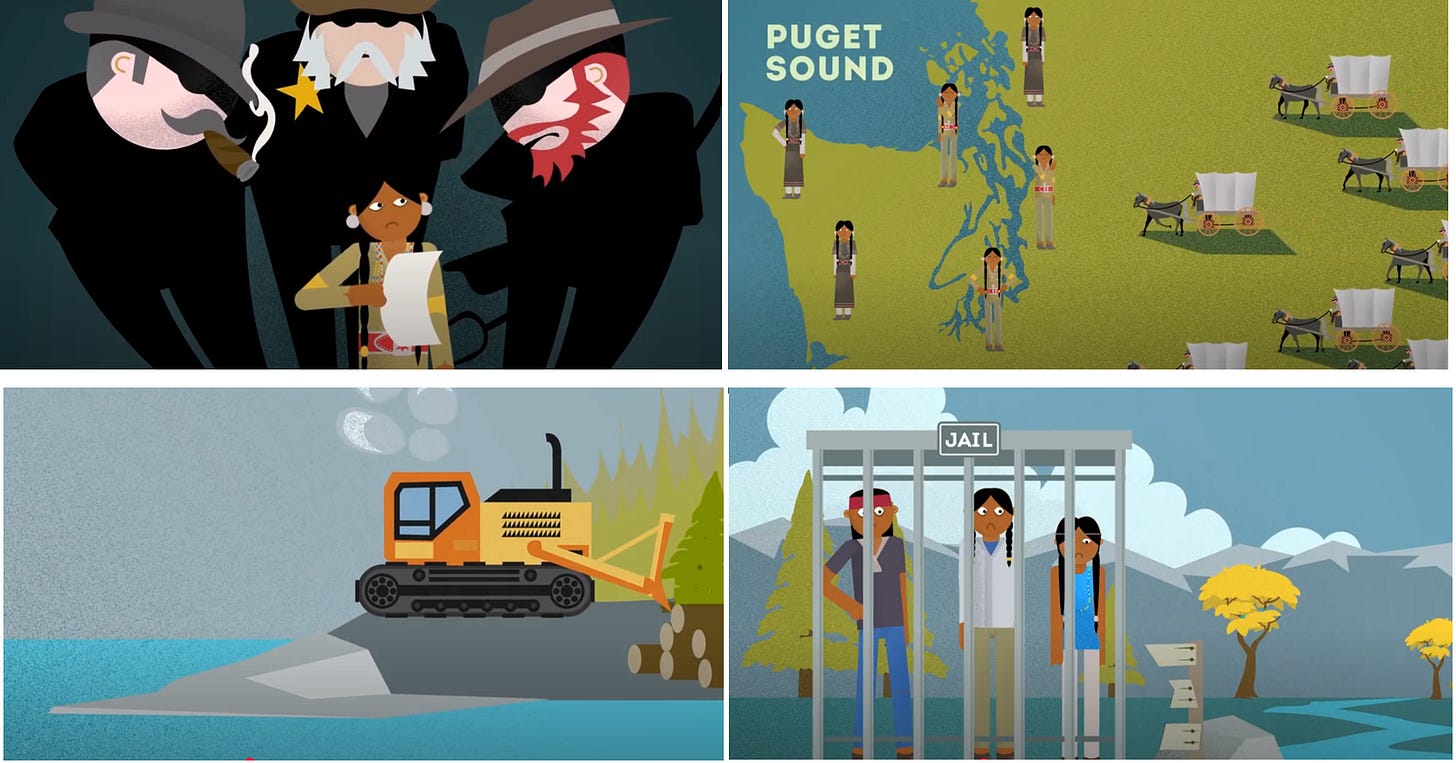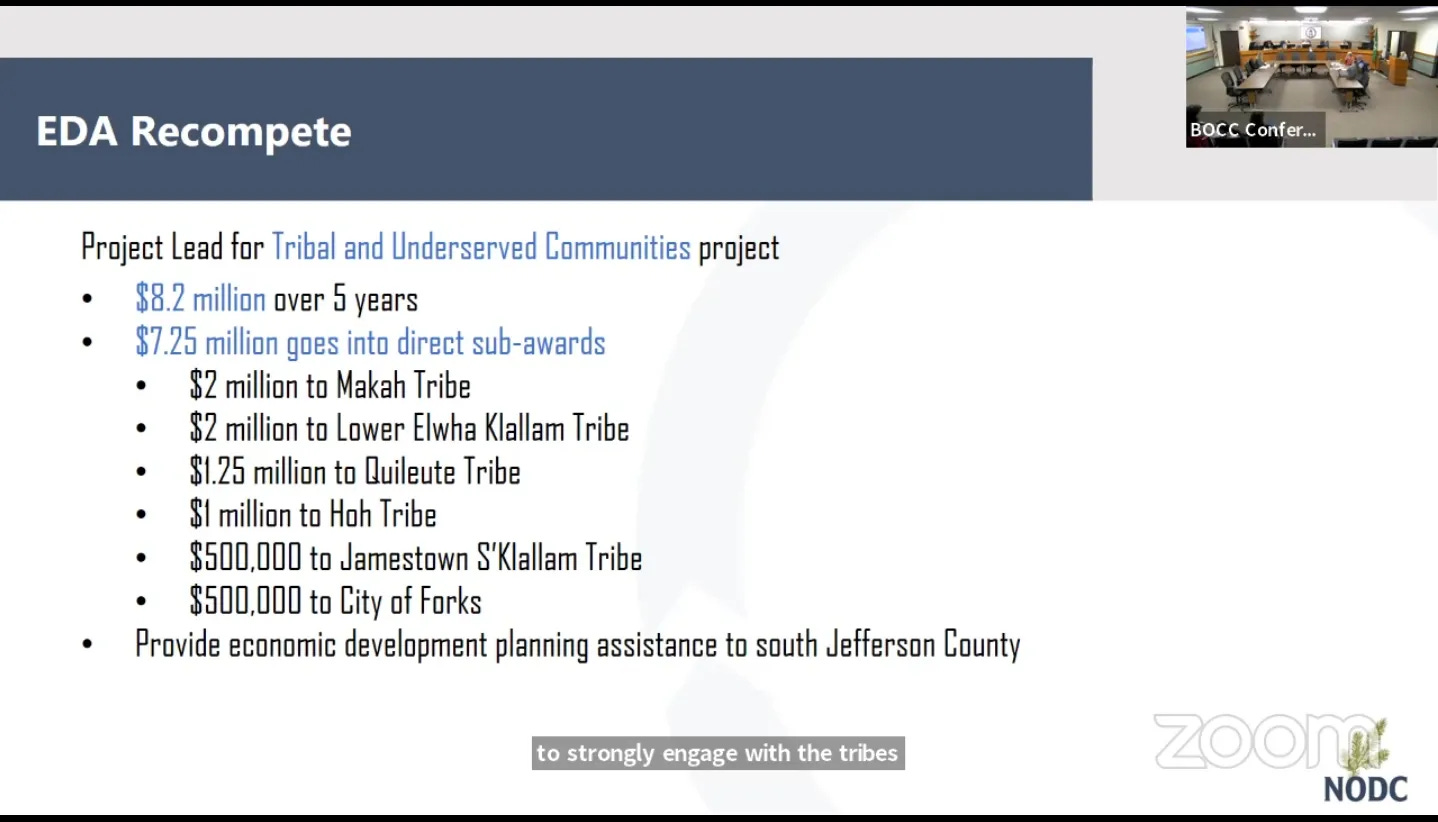The poster had nine languages but forgot braille. Amid county woes and strife, pockets of poets will change your life. 3 Crabs continues to get treated just clawful. Spit that sushi out before you start another California wildfire. What weighs two pounds, costs $300, and fights colonization? Leaders of a welfare county begin to worry. Resident asks commissioners to pull some strings.
Human traffickers may think twice about bringing their blind victims into county restrooms — the commissioners are moving forward with plans to install signage in 79 county-owned bathroom stalls. The signs are poster-size, have nine languages, and remind trafficking victims that help is available via live chat, text, or by calling a hotline. Also, 911 is an option.
“We should be keeping the blind community in mind as well,” remarked Commissioner Mark Ozias during a presentation from Prosecuting Attorney Mark Nichols. “At a minimum, I’d be interested in understanding, since we haven’t done this yet, what it would take to add some braille to the signage.”
Prosecutor Nichols explained that adding braille may be more appropriate when considering the County’s second concept to help human trafficking victims — installing panic buttons inside every county restroom stall.
“I know that money is an issue with this,” Prosecutor Nichols admitted during a November work session where he initially presented the idea to commissioners. “Recognizing that January is National Human Trafficking Prevention Month, this is something that the County could do that would have a lasting effect year-round.”
Nichols estimates the county’s bathroom stalls could be outfitted with panic buttons for $175 each, or $13,825 for all 79 stalls. The signs will cost $4,991.15.
Promoting pockets of poets
That’s not all the Board of County Commissioners accomplished in January; they also welcomed the county’s second poet laureate.
Clair Dunlap, the Youth Services Librarian for the North Olympic Library System (NOLS), said that the poet laureate position has been “able to sort of awaken these pockets of poets in our community and kind of start bringing them together.”
Dunlap hopes these communities will become more self-sustaining. During the program’s first two years, Clallam County taxpayers paid the poet laureate a $5,000 annual stipend.
In October, NOLS Executive Director Noah Glaude emailed:
“We are waiting for Clallam County’s budget to be approved to know exactly how much the County will be able to contribute to the second Clallam County Poet Laureate, but they have indicated they will be able to provide less funding for the program next year, likely less than $1,000 for the two years. The North Olympic Library Foundation, a separate nonprofit, will provide the remaining of the funding for the second Clallam County Poet Laureate, to keep the two-year stipend at $10,000.”
Crabsolutely forgotten
With braille signage for trafficking victims underway and the designation of a poet laureate taken care of, the commissioners made an unusual decision last week: “Due to the lack of business the Board of Commissioners work session on Tuesday, January 21, 2025 will be cancelled.”
However, the commissioners forgot to discuss an important item of business that was supposed to be addressed in January: the flooding of the 3 Crabs community.
After a combination of king tides and rainfall, Meadowbrook Creek overflowed its banks late last year, flooding homes and making a county road impassible for hundreds of residents. Last month, the commissioners and county administrator discussed possible options. However, after mere minutes, the discussion pivoted from helping mitigate the floodwaters to considering a “relocation strategy.”
Evicting residents from beachfront property aligns with the stated plans of Strait Ecosystem Recovery Network (SERN), which, in 2021, concluded that homeowners may need to be “moved out of harm's way” to “better enable restoration actions.” SERN emphasized that “we need to make sure we’re using taxpayer dollars wisely and not paying full price for parcels that will be devalued because of the risks from climate change.”
SERN’s fiscal agent is the Jamestown Tribe, Commissioner Ozias’ top campaign donor.
Residents of 3 Crabs have been trying to attract the attention of their District 1 commissioner, Mark Ozias, for years. The area south of 3 Crabs Road regularly floods in the winter; residents don’t dispute that. However, they say flooding became much worse after the County and Jamestown Tribe reengineered the Meadowbrook Creek estuary. Since then, water has crossed the road and into residents’ homes.
According to County Administrator Todd Mielke last month, the county intended “to have a conversation at a work session, to kind of explore whether there are options or not, because I’m not aware of any,” he said. “Perhaps we can look for an opportunity in January to put that conversation together.”
“That would be great,” Commissioner Mark Ozias replied. However, no work session to address flooding concerns was scheduled in January.
Reel-y disappointed over net pens
Jamestown S’Klallam Tribe CEO Ron Allen is dissatisfied with the State’s Board of Natural Resources’ recent decision to uphold the ban on commercial net pens for fish farming.
“The board has chosen to prioritize politics and misinformation over scientific evidence and collaborative stewardship,” Allen said in an article published by Global Seafood Alliance. “Even more troubling is the disregard shown for our Tribe’s sovereign rights to utilize our marine resources in our own fishery for the economic betterment of the Tribe. This outright prohibition infringes upon these rights and undermines the government-to-government relationship that should guide decisions affecting Tribal interests.”
“Our people want unhindered and unlimited access to their natural resources. Climate change is threatening our lifeways and resources. We must act now to protect and preserve culturally important resources and assets, ensuring continued economic growth, and promoting long-term community vitality.” - From Jamestown Tribe’s 2022 Carbon Neutral Plan funded by the NODC and prepared by Cascadia Consulting Group
Maria Smithson, the government and public affairs strategist for Salish Fish, a joint venture between the Jamestown Tribe and Cooke Aquaculture, said that the Jamestown Tribe is moving forward with its plan to grow steelhead at the Salish Fish Project. “This is a regulatory hurdle, however, given that the rule-making process was so incomplete and so skewed to a biased outcome, we feel it can be challenged,” she said.
Smithson said, “We don’t believe the board of the Department of Natural Resources wants to continue fueling climate change by importing fish we could be growing locally, at home,” she said. “It’s really frustrating that the board has voted to continue heavy importation of fresh fish on jumbo jets, at a time when LA is burning to the ground. The biggest threat to wild salmon is climate change, and this ban will fuel further climate change.”
Million-dollar mollusks
The California wildfires could have been prevented if jumbo jets hadn’t imported seafood, but is exporting seafood also to blame?
A slideshow presentation titled “Jamestown Aquaculture: Brief History and Current Ventures” is available online. It explains that shellfish gathering is a treaty right and that in 2017, the Jamestown Tribe’s quota was 232,000 pounds (with a daily harvest of 2,500 to 4,500). The presentation also explains where the harvested geoducks go.
The July 2015 Jamestown Tribe newsletter detailed how one tribal member found geoduck harvesting a lucrative career. He dove four days a week, selling all his geoducks to the Tribe, which shipped them to Asia daily. “Customers in Asia consider geoduck to be a prized delicacy,” he said.
A YouTube video created by Al Jazeera featuring Jamestown tribal members details how harvesting geoduck in Sequim Bay “since time began” has helped the Jamestown Tribe in their “fight against centuries of colonization.”
“We ship 100% of what we dig to China,” Jamestown Seafood’s CEO Kurt Grinnell told the reporter. Five years ago, when the video was filmed, a single two-pound geoduck could sell for $300 in an Asian restaurant. The reporter said that after a 1994 court decision, geoduck revenue for native communities skyrocketed from $1.7 million to $32.5 million annually.
“It was an economic boom for us,” explained Grinnell. “Natives went from poverty-stricken people to being able to afford a car and to have food and housing,” he said. “It’s not just the money that’s involved with it; it’s our culture.”
In addition to explaining the geoduck’s place on the global market, the video explains why treaty rights are important. “Starting in the 1850s, tons of white settlers started pouring into the lands around Washington’s Puget Sound. So, the US government started coercing Native American tribal leaders to sign treaties. Treaties that ‘purchased’ their land for next to nothing so the settlers could move in.”
The end of free money?
The commissioners had some somber news to report at Tuesday’s meeting.
“I just wanted to note, on the news of the day relating to the federal pause on grants and loans,” began Commissioner Ozias. He said the County would work internally to understand what programs would be affected by the Executive Order that calls for every agency to comprehensively analyze all Federal financial assistance programs.
The funding pause could affect the North Olympic Development Council (NODC), a non-governmental organization led by its president, Commissioner Mark Ozias. “Not only, at this point, are the future of those programs on pause, but there’s also no ability to recoup expenses that were accumulated,” said Ozias. “The consequences are potentially significant and dire.”
The NODC is primarily a passthrough agency of federal money that supports local projects. Ozias said much of the NODC’s revenue budget is related to the $35 million Recompete grant, 23% of which the agency will award to special interests.
While Tuesday’s news surprised some, resident John Worthington has been asking county leaders for months to rely less on federal grants and prepare for leaner times.
Pull, don’t push
Sequim resident Eric Fehrmann had an exercise for commissioners during public comment. He began by asking them to picture a four-inch-long string on the table before them.
“If you grab one end of that string and push it, to push the other end an inch or so away, it ain’t gonna happen as long as you’re pushing on it. But if you grab it back and straighten it out and start to pull it, that little back end there will follow you just about anywhere.
“The reason I’m bringing this up is you have an opportunity now, a real good opportunity. If these funds that you’re talking about spending, or have already budgeted to spend, don’t come through, you’ve got a lot of leadership opportunities to show the citizens who are on the other end of that string how you can get through this situation. And I think you should really think about leading us through that, maybe taking some of the comments we make up here to heart and actually not just rubber stamping everything, which is what it seems to be here.”










Charity is not the business of Governance. Philanthropists, churches and charitable organizations can address charity and Government must stick to the business of the Governed. What is the legal genomic requirement to be met to qualify as a treaty tribal member entitled to rights beyond those of the majority of U.S. citizens ? 100% ?, 50% ?, 25% ? or ? Ponder that and then ponder why there is any need to do so. This bloodline quest to discriminate is a complete absurdity. You are sovereign or you are not. You are U.S. citizens or you are not. Jumping back and forth to which status may best serve in the moment is not only unjust, it is the very definition of discrimination. The abused and their abusers no longer live. Those with indigenous ancestry like Jamestown and Elwah tribal members are friends and neighbors. They are not being best served by convincing them they need special rights beyond all other citizens of this nation.
Perhaps the money to be spent on signage in restrooms could be better used by spending that money to clean up those spaces that are used regularly by drug abusers.